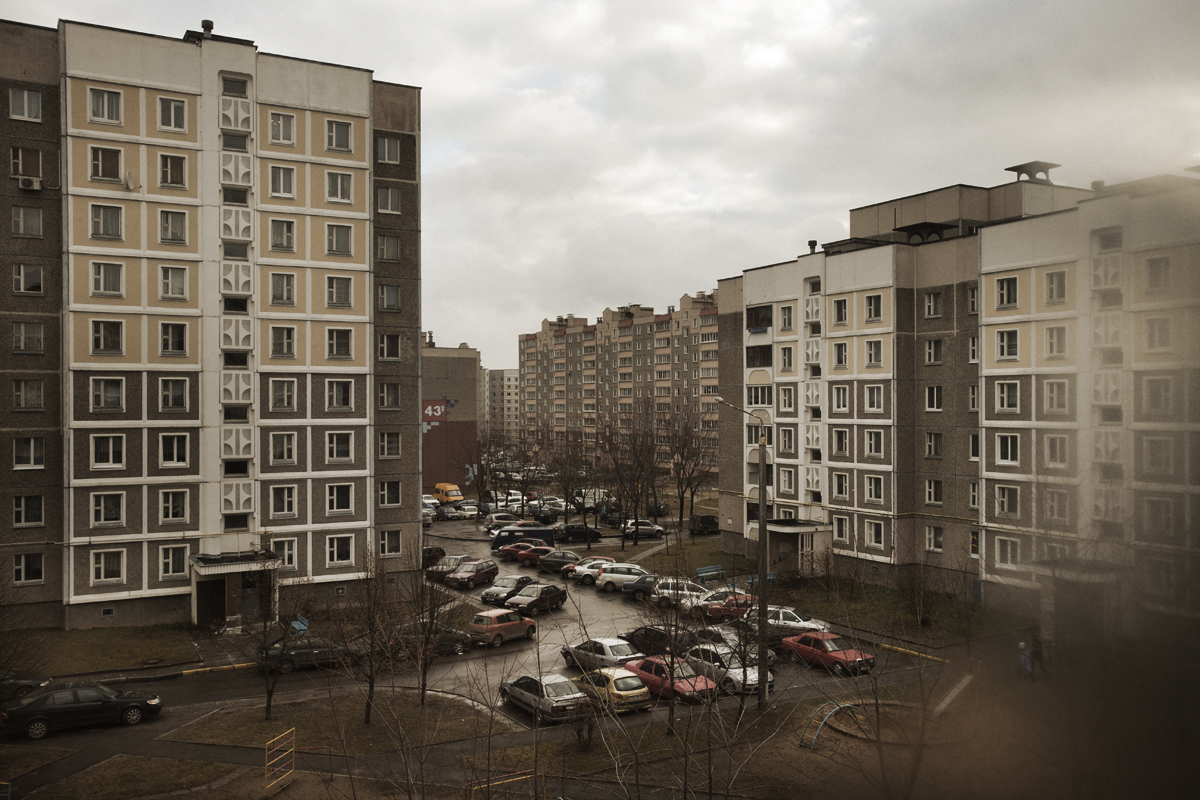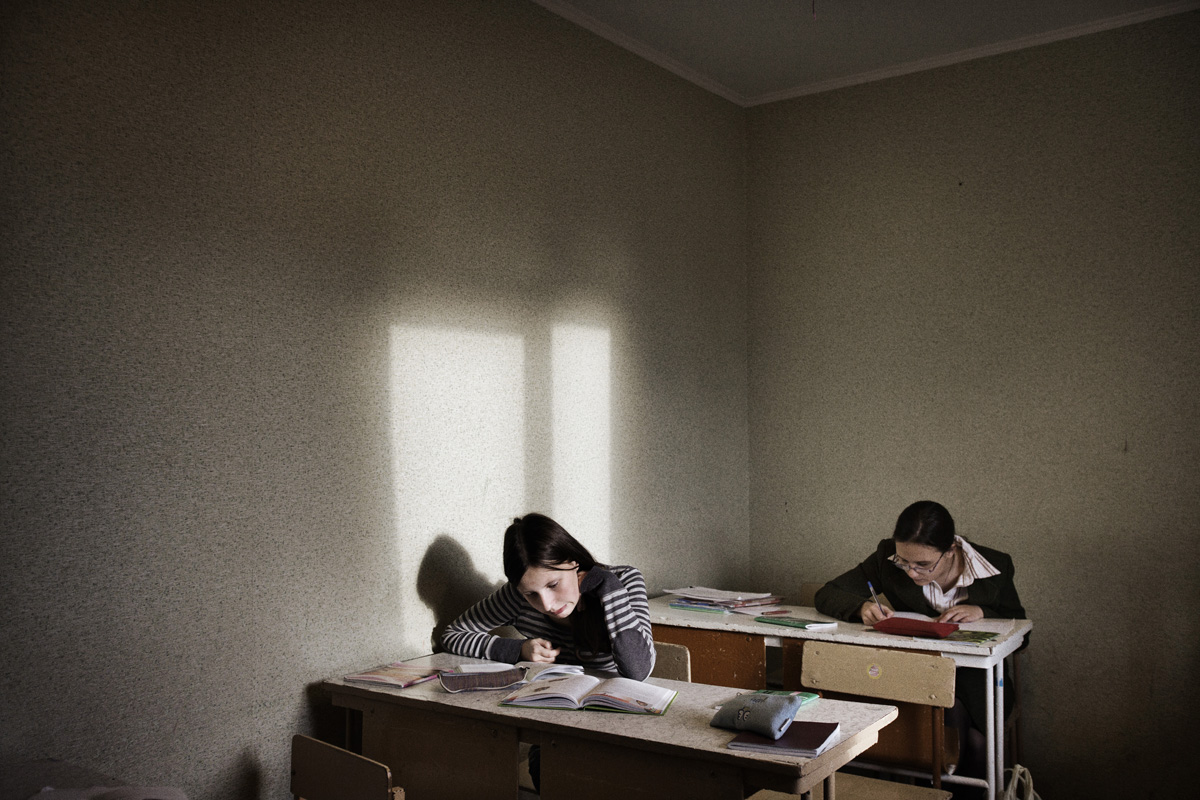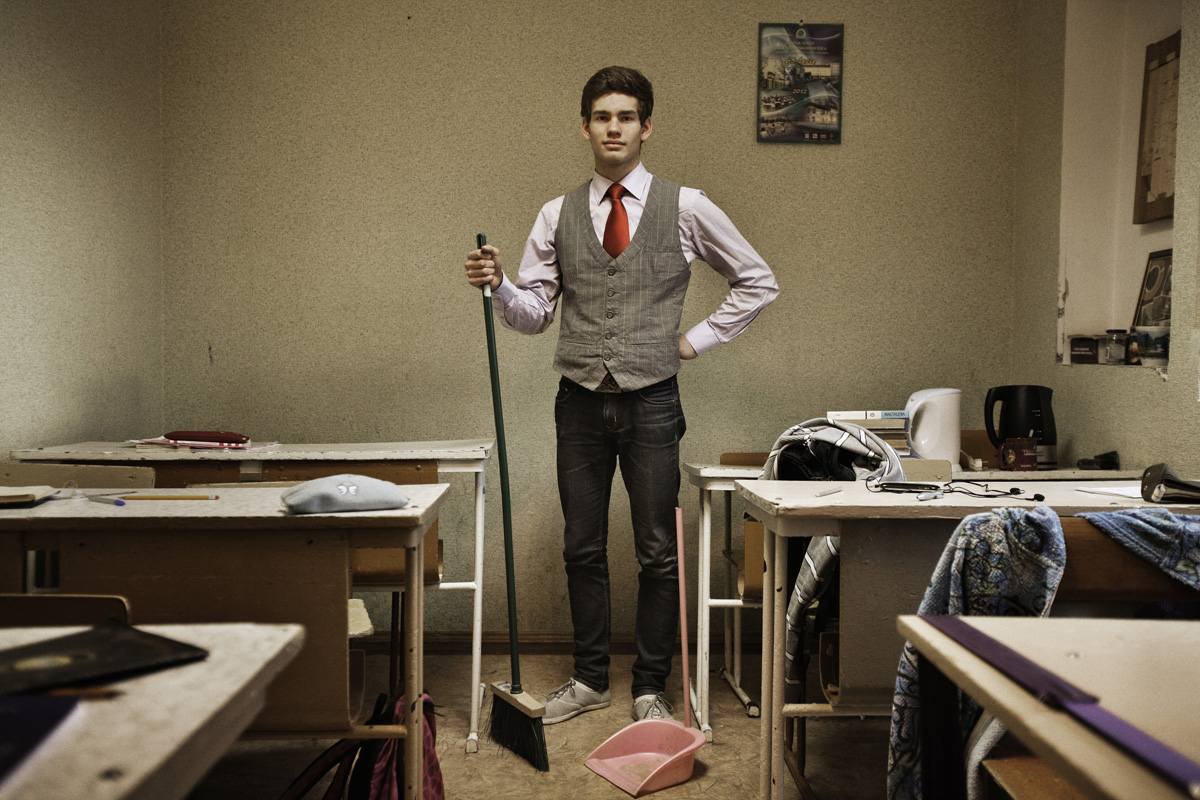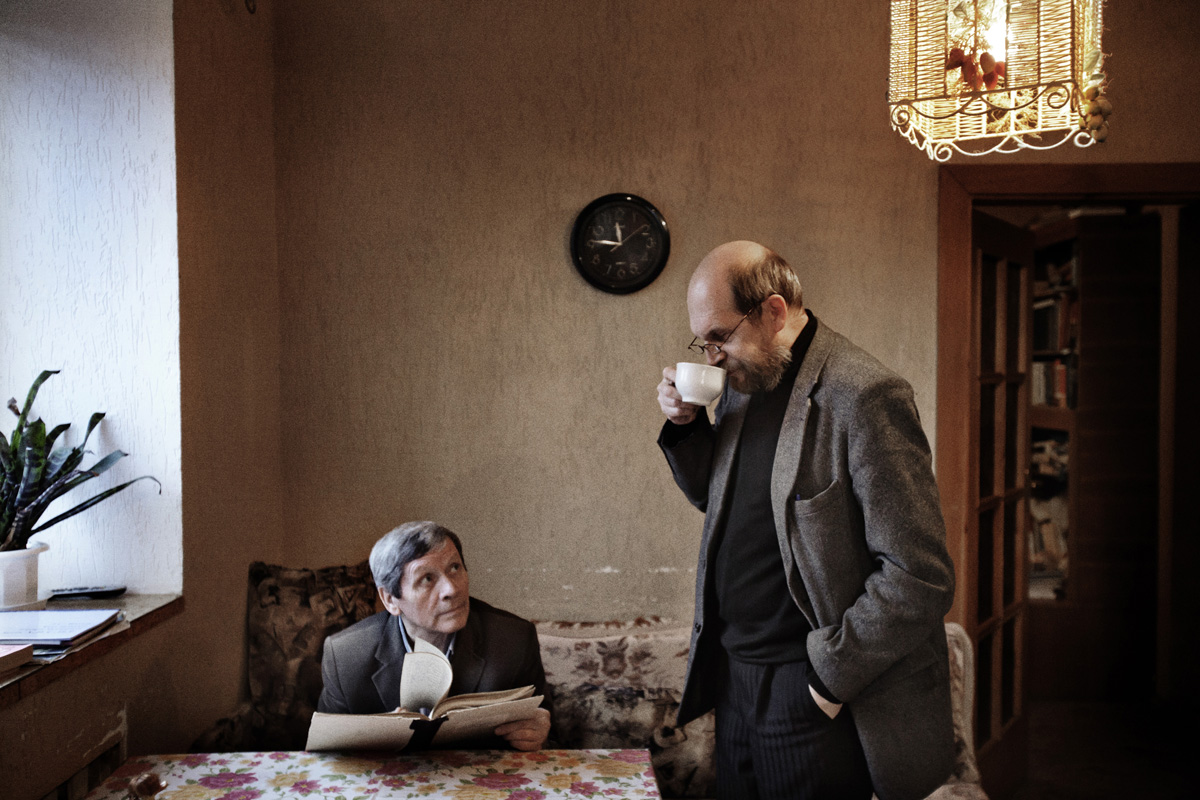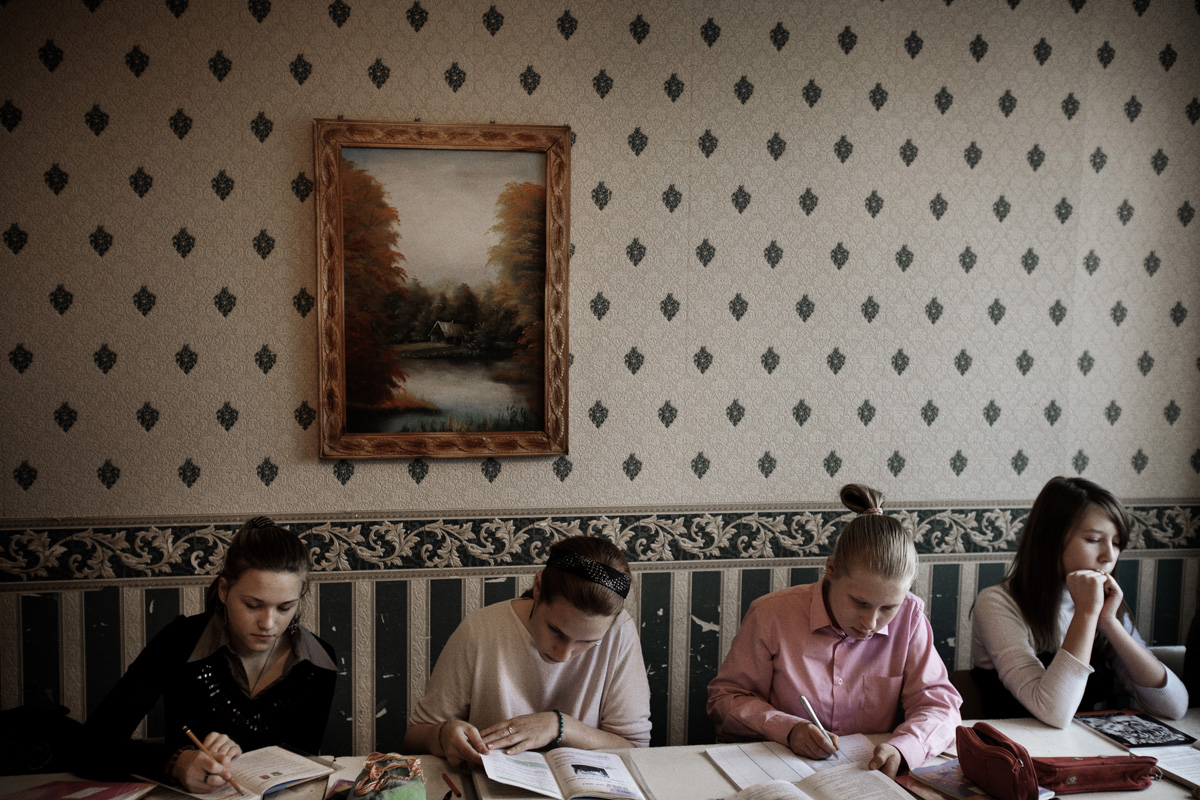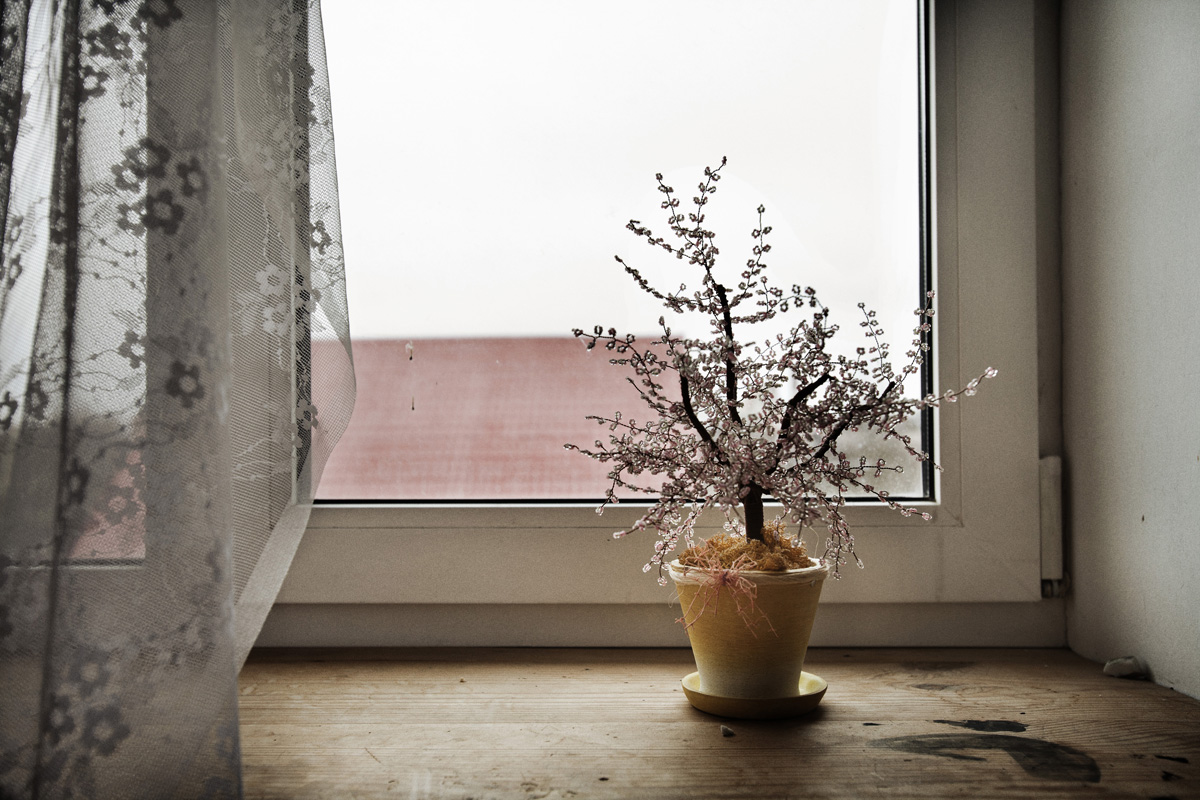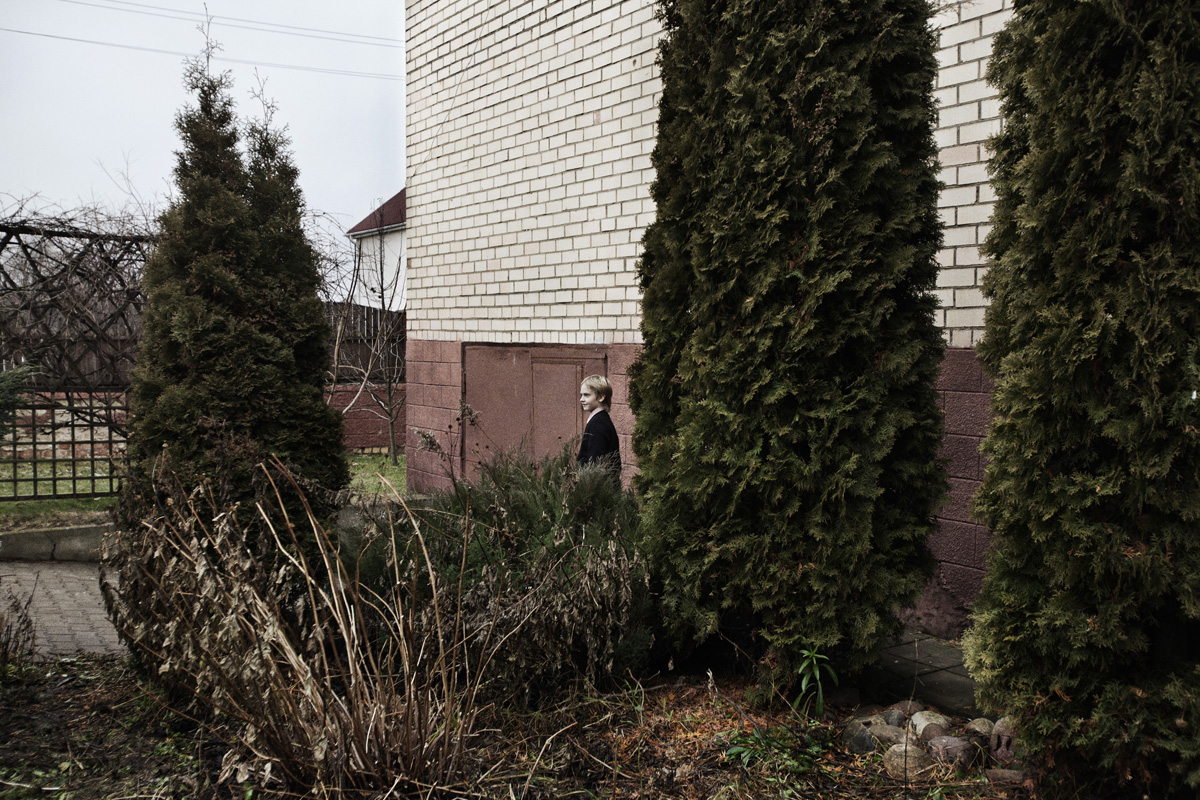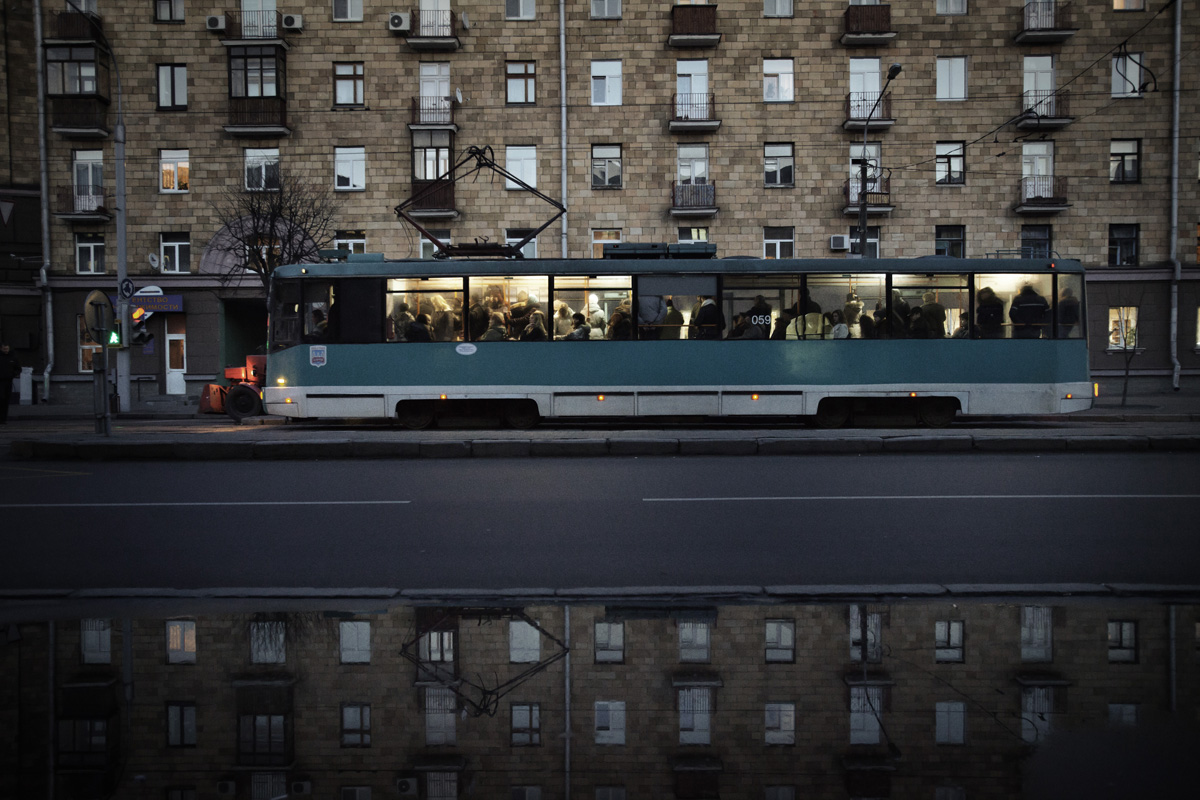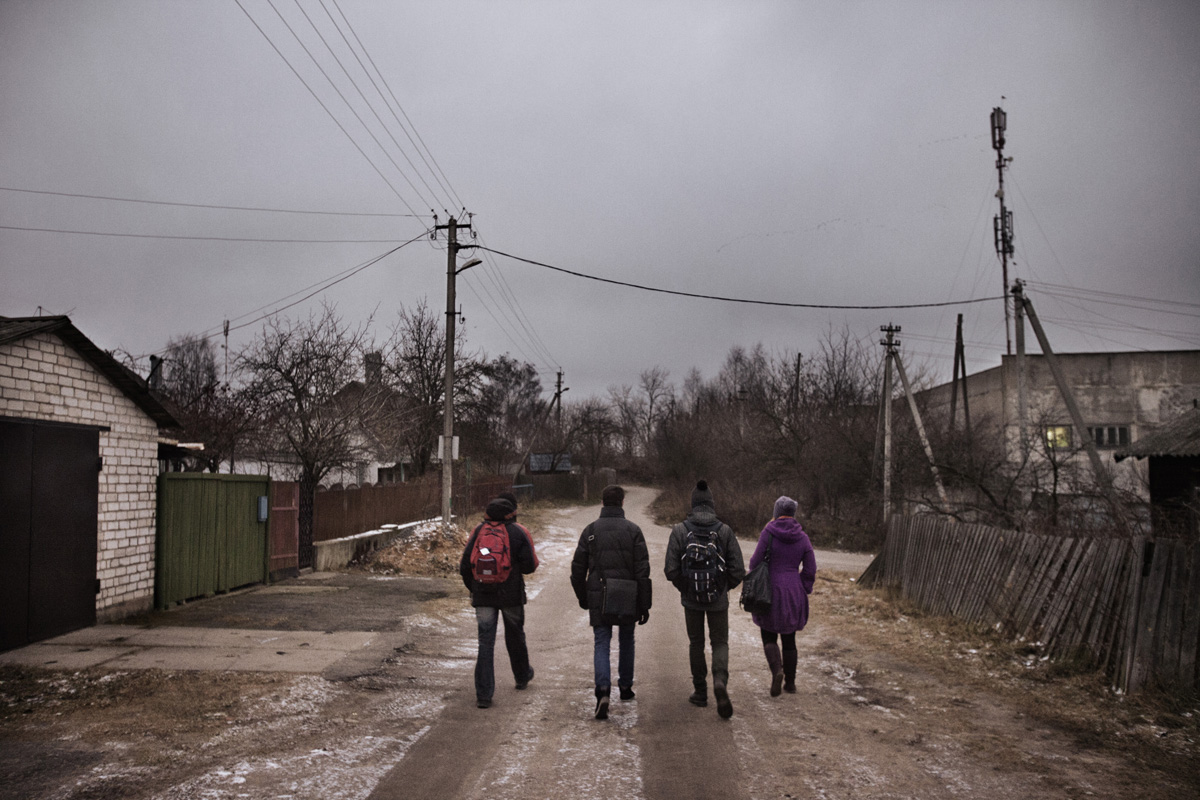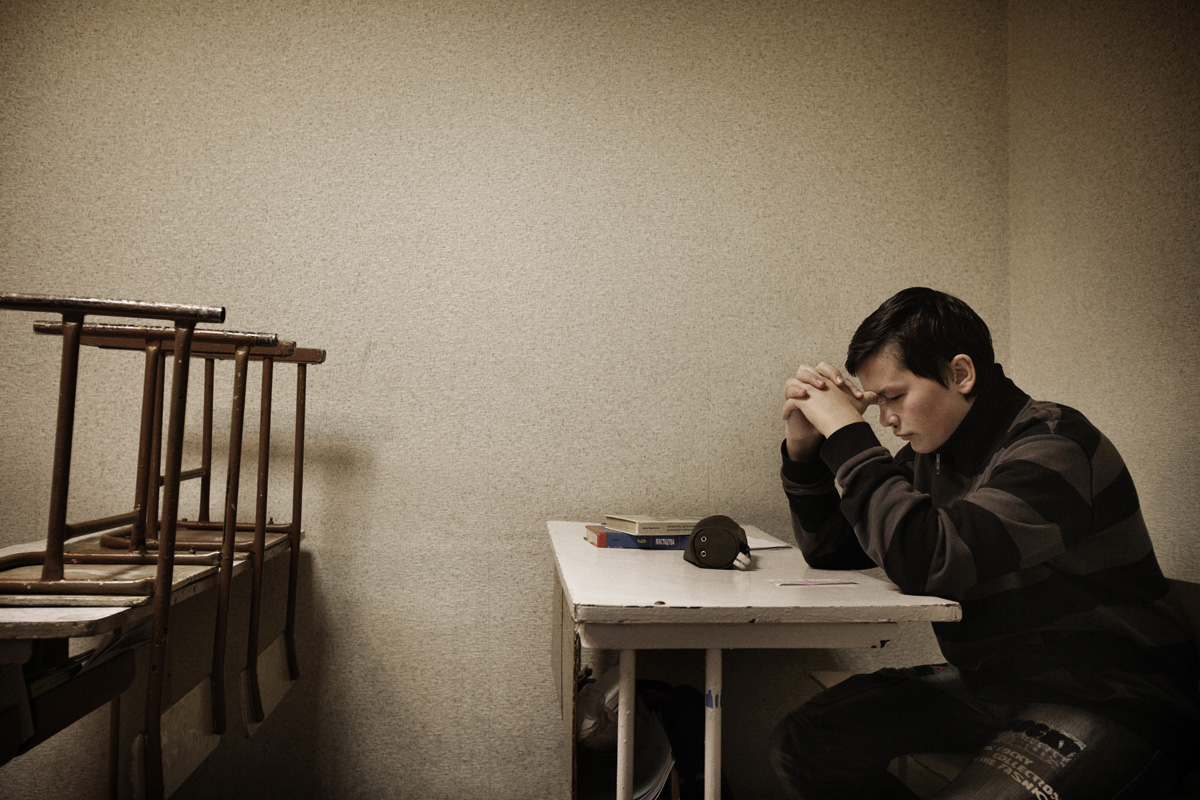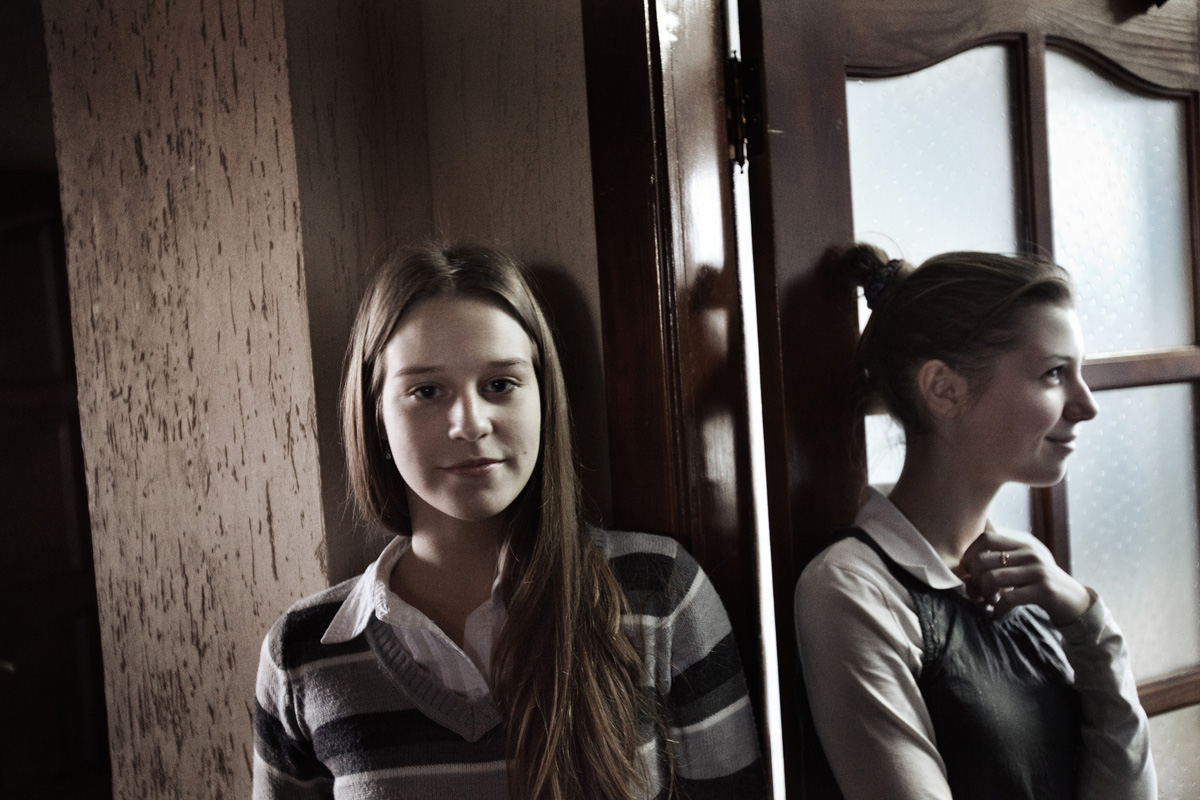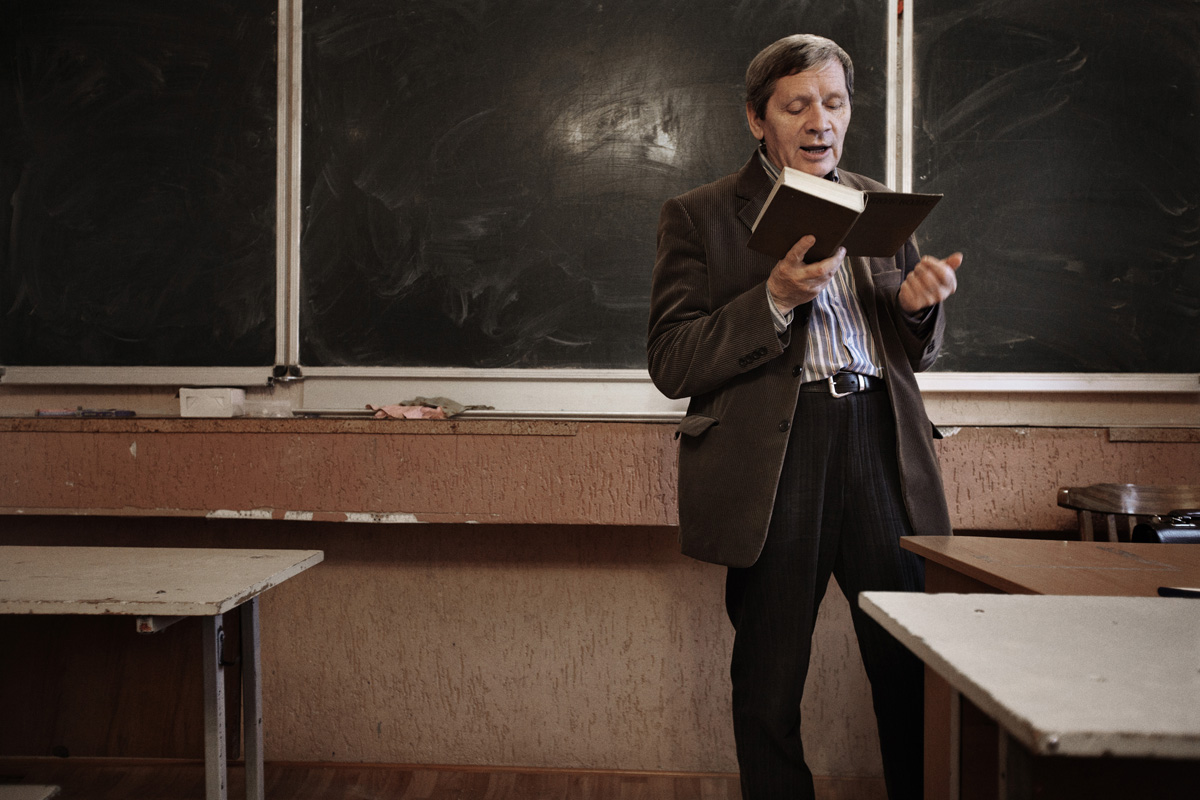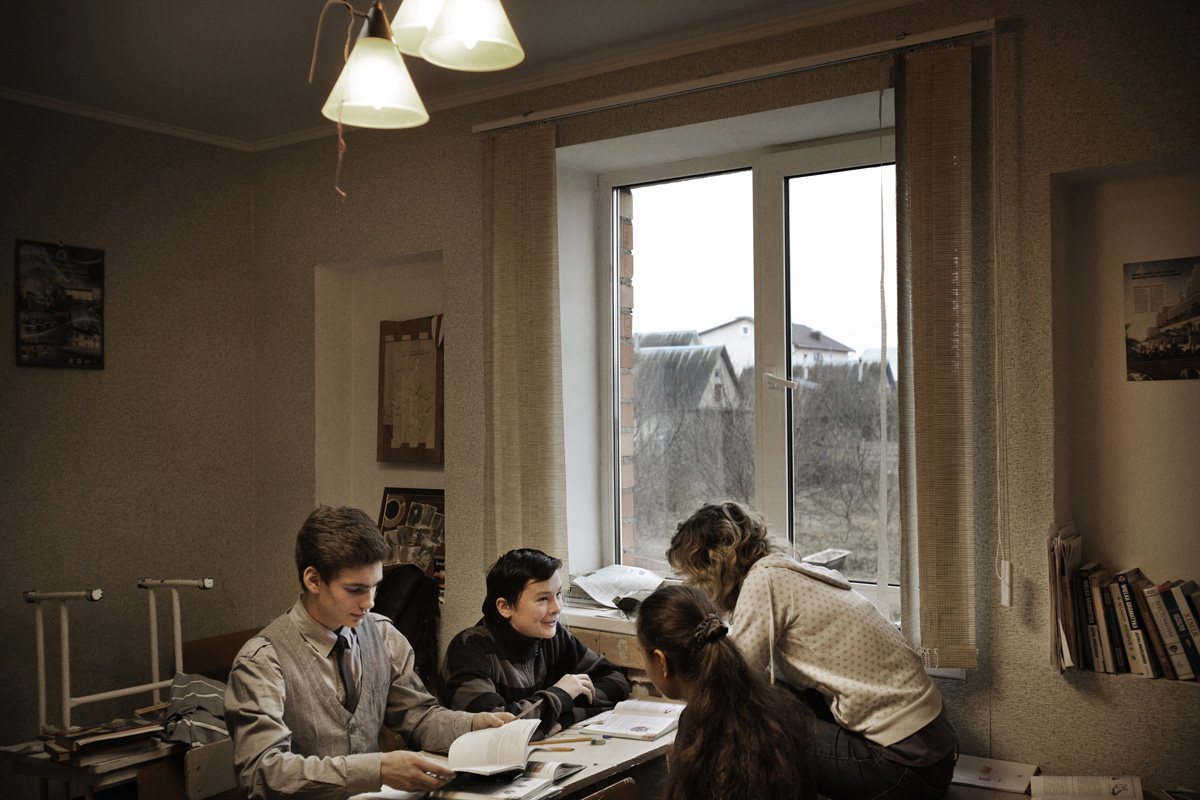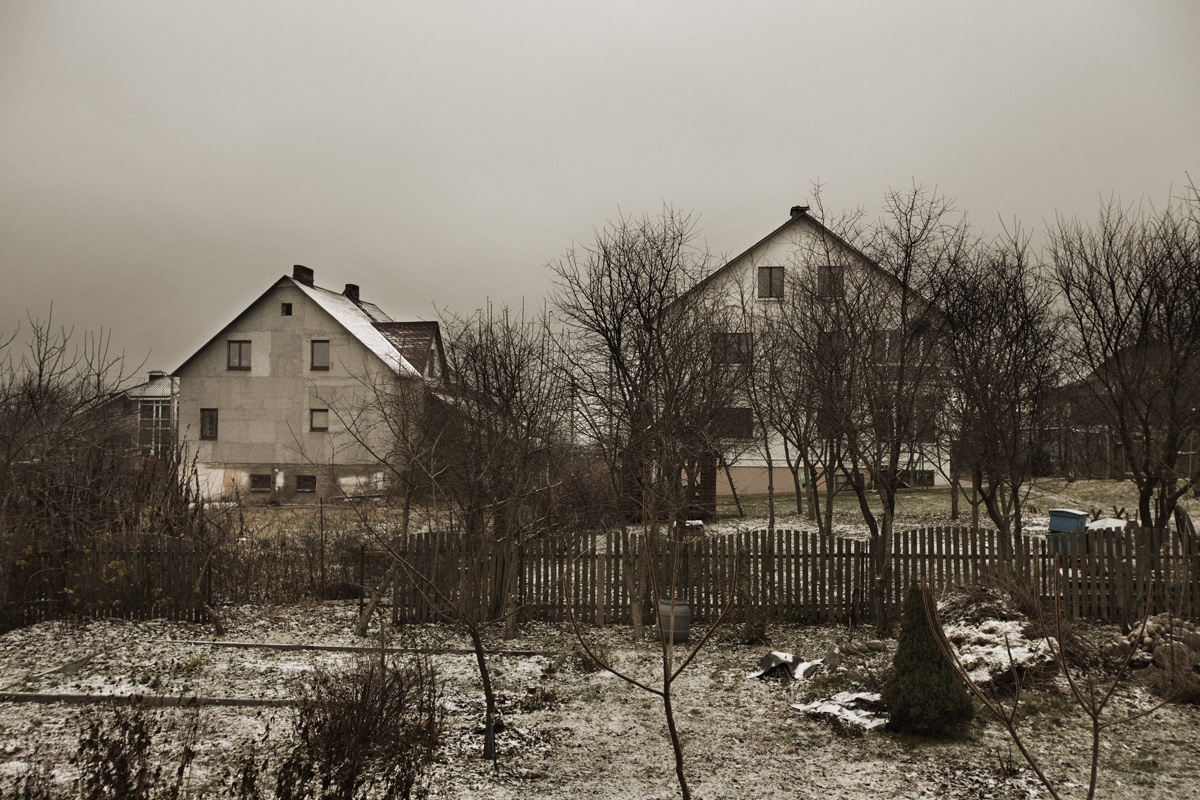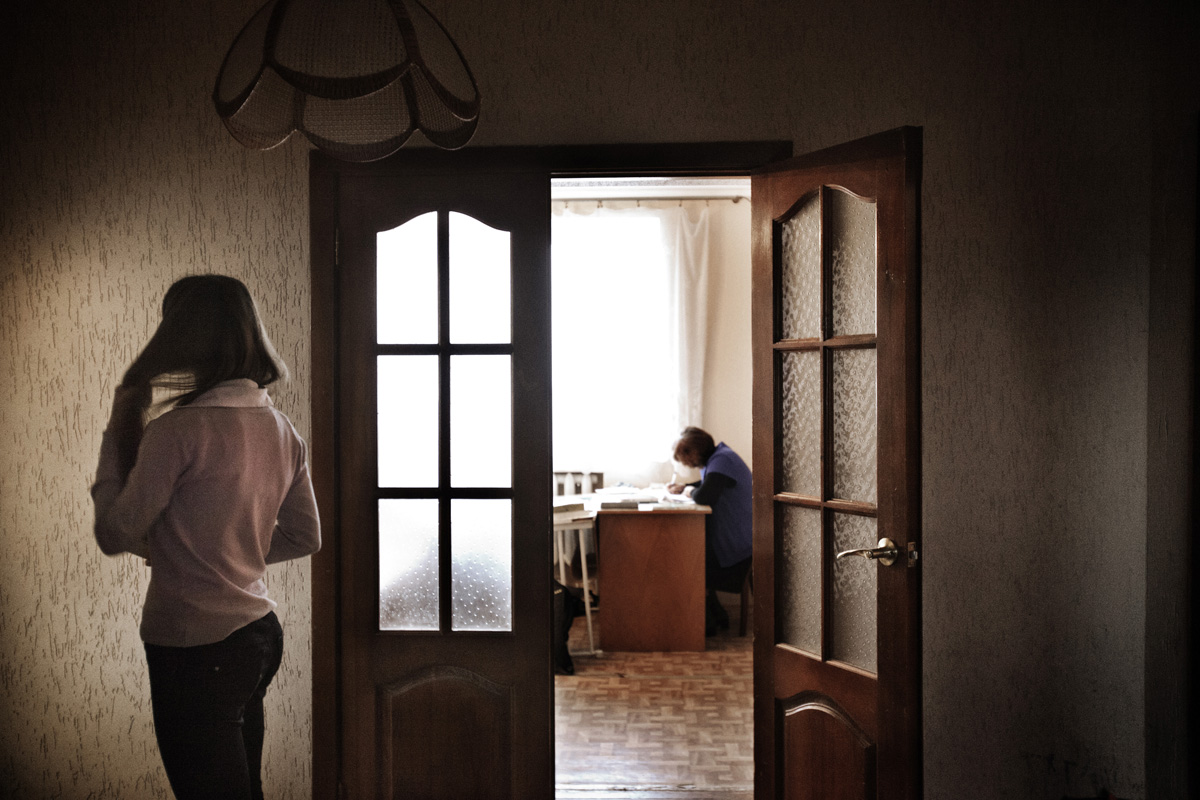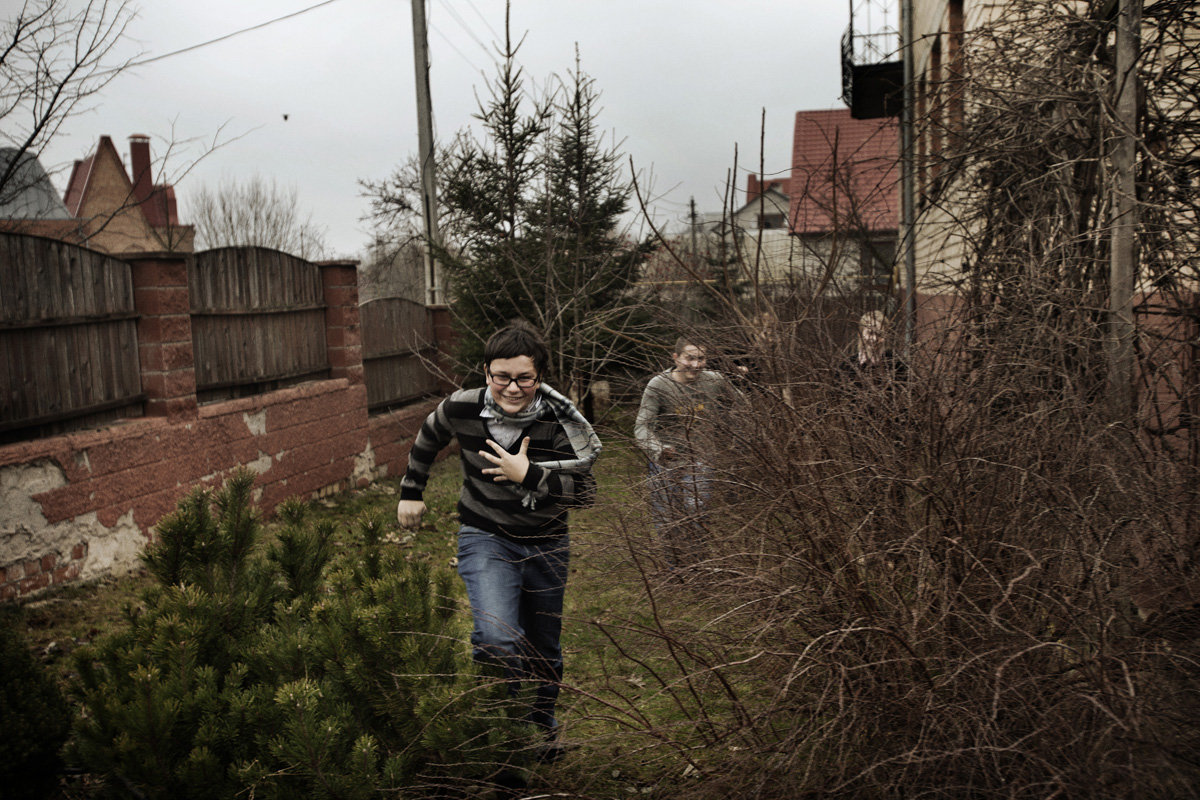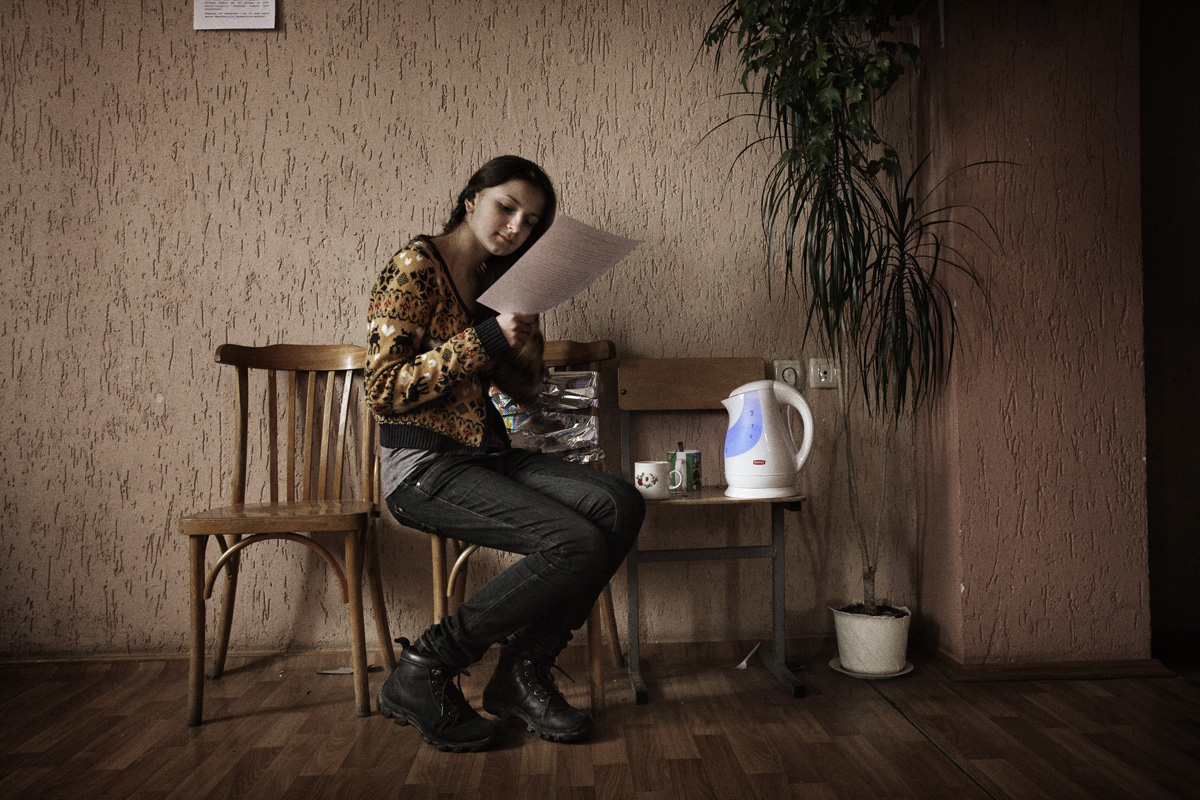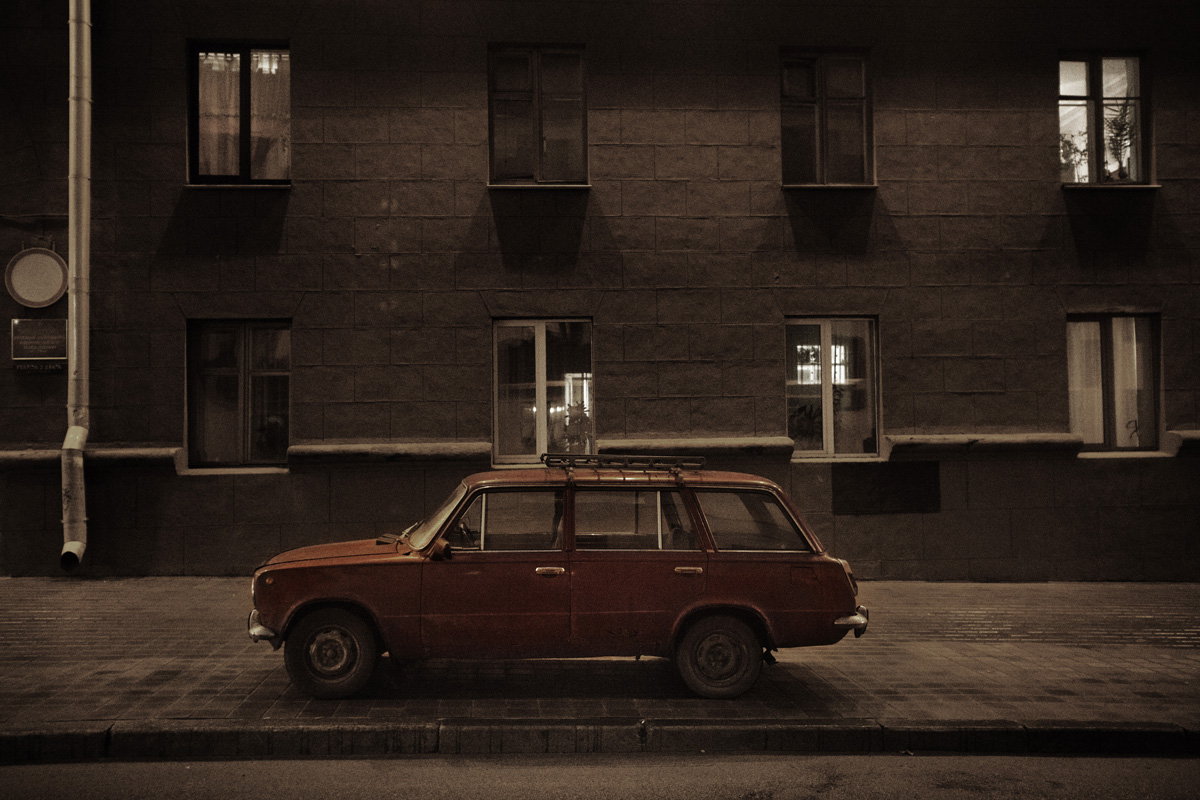With the outset of Perestroika and the collapse of the Soviet Union, many former republics faced the task of restructuring and redefining their educational systems. On the 6th of December 1990, in the Belorusian capital Minsk, the first evening classes started in what would become by 1992, the Belarusian Humanities Lyceum. The country’s most prestigious school, composed of around 500 students, was where at the start of every academic year, the Minister of Education gave a speech. In 1994 when Aleksander Lukashenka won the presidential elections, problems started to surface, as some of the programs and teaching methods did not fit in with the Presidents views. Meanwhile, the fledgling school had already begun contacting schools from France, Belgium, Poland and Lithuania to promote student exchange programs. In 2003 an intention to replace Uladzimir Kolas, who had been the school’s head from the start, by a Russian speaking principal, was made by the Authorities as a way to change the Belarusian language and the reviving Belarusian culture into Russian. Teachers, students and parents protested against this but to no avail. By the end of the year the school was banned. Activities continued in private apartments, but this did not last long as the authorities constantly threatened them. They then moved to the basement of a catholic church but after 3 months and immense pressure on the priest, they were forced to leave. In 2005 Belarusian Humanities Lyceum reached a stable situation, settling in a house on the outskirts of Minsk and supported by the polish government, receiving tuition in Poland and scholarships to graduate students for polish universities. Today about sixty students and a little more than a dozen professors attend lessons in classes ranging from 9 to 15 students. In 2011, the Belarusian Humanities Lyceum was officially registered and recognized at the University of Gdansk in Poland.
